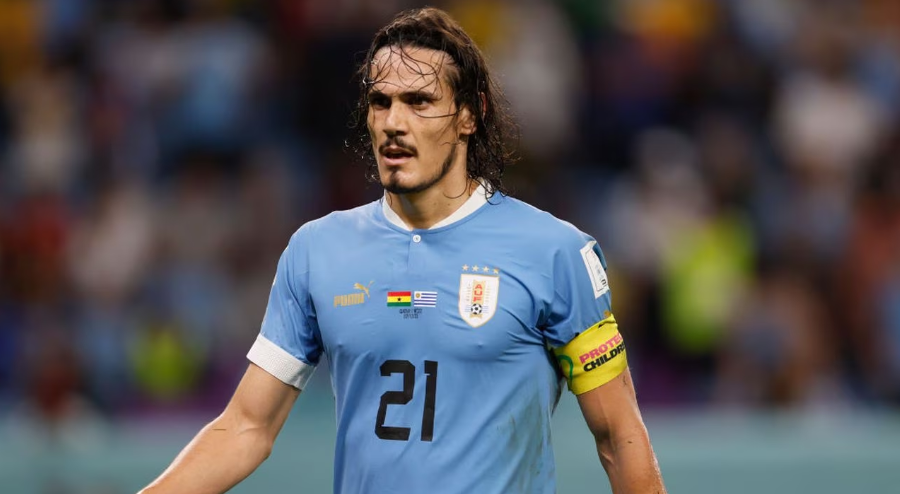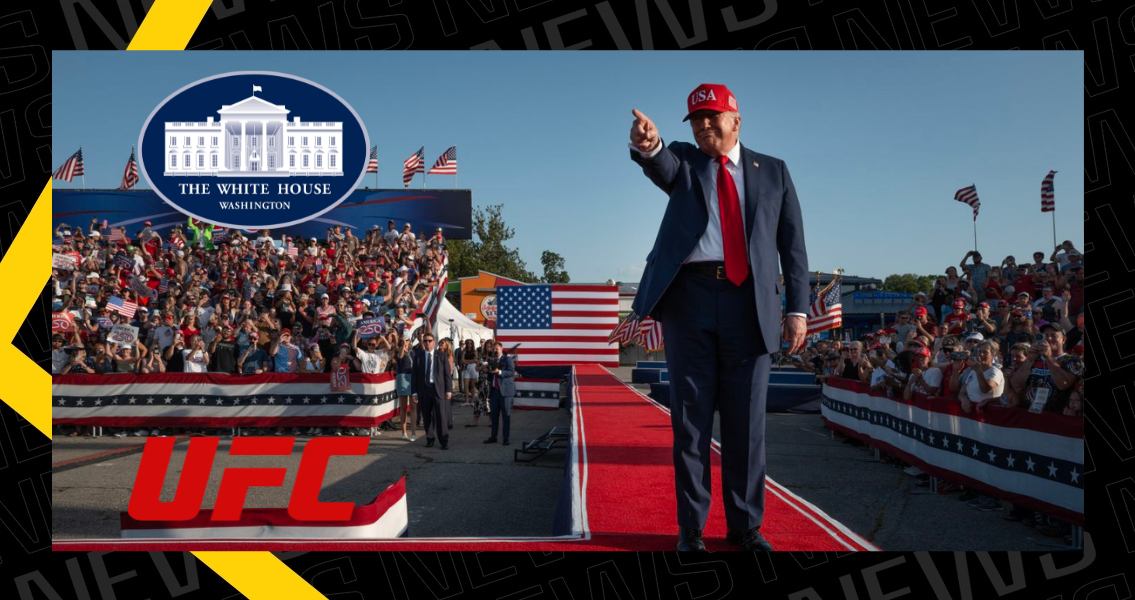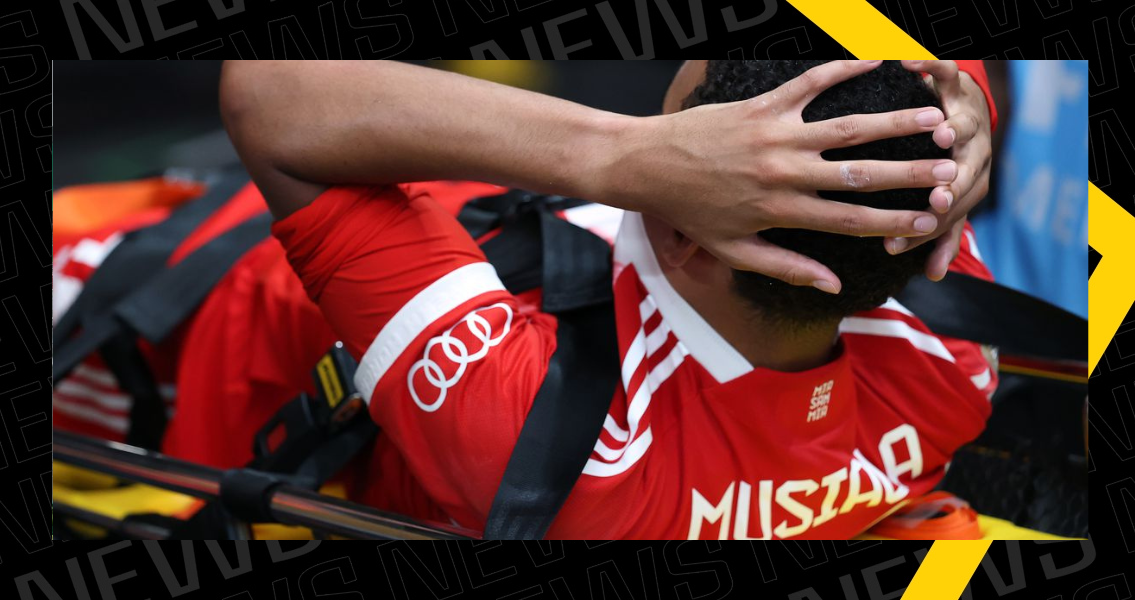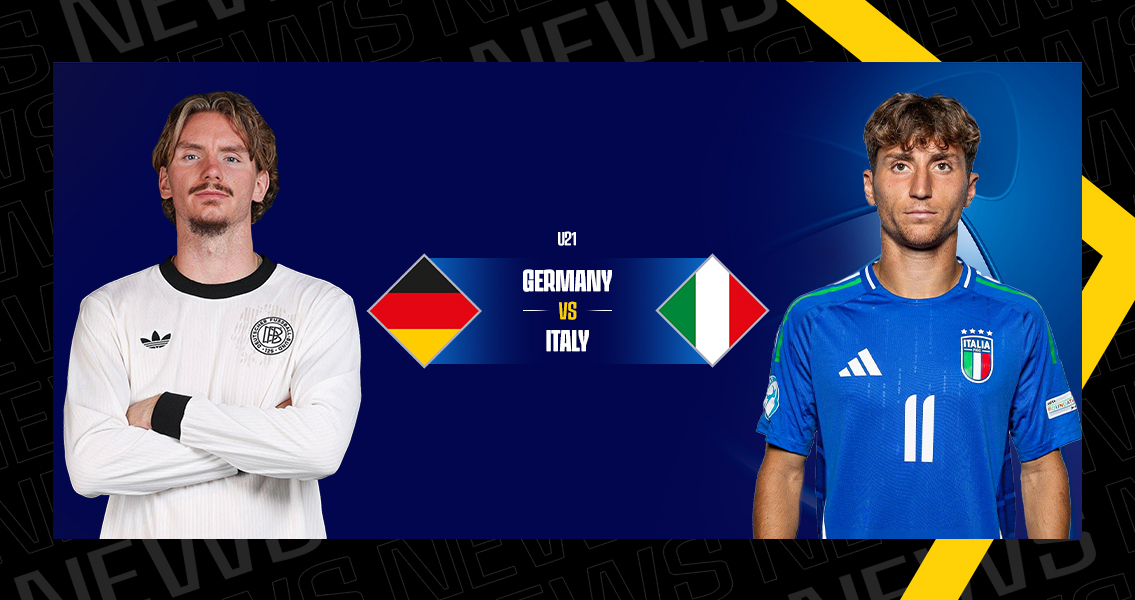The cross between Uruguayan and Argentinian football has been a rich and mutually beneficial relationship. The two countries, neighbors separated only by the Río de la Plata, share a deep love and passion for the sport.
Throughout history, numerous players have crossed borders to play for clubs in each other’s leagues, leaving a lasting impact.
Uruguayan players have brought their unique style and skill to the Argentinian Primera División, enhancing the league’s competitiveness and quality. Known for their technical ability, tactical intelligence, and never-say-die attitude, Uruguayan players have become fan favorites in Argentina.
They have thrived and excelled in many renowned clubs, such as River Plate, Independiente, and Boca Juniors, earning admiration for their contributions to their respective teams.
On the other hand, Argentinian players have also made their mark in Uruguayan football. Many Argentinians have crossed the border to play for renowned Uruguayan clubs such as Peñarol and Nacional, adding their flair and expertise to the game. The cross-pollination of talent between the two nations has strengthened the bond and friendship, allowing both countries to celebrate their shared love for the beautiful game.
As Edinson Cavani joined Boca Juniors in this article, we will highlight the top ten Uruguayans who have made a significant impact in Argentine football.
It is noteworthy that 4 out of the top 5 goal scorers in the Uruguay national team’s history have plied their trade in Argentinian clubs. The sole exception is Luis Suarez, who tops the list with an impressive record of 68 goals in 137 matches.
Paolo Montero
Paolo Montero is one of the most iconic Uruguayan players to have played in the Argentinian Primera Division. Considered one of the toughest defenders of his generation, Montero commanded a formidable presence on the field.
Famous for receiving most red cards in Serie A history Montero played for Argentine powerhouse San Lorenzo for only a 2005-06 season. His presence in Argentina wasn’t as bright as in Europe, but he still remains as one of the hardest players to play against.
Sebastian Abreu
Sebastián “El Loco” Abreu is a well-travelled iconic striker who had two spells in Argentina, playing for San Lorenzo and River Plate. Known for his impressive goalscoring record and his famous panenka penalty against Ghana in the 2010 World Cup, Abreu left a mark in Argentine football.
Abreu holds the record as he played for 32 clubs across the 11 countries.
Santiago Silva
Santiago Silva, another prolific striker, made notable contributions to several Argentine clubs, including Newell’s Old Boys, Gimnasia, Vélez Sarsfield, Banfield, Boca Juniors, Lanús, and Arsenal. He twice finished as the league’s top scorer and played a key role in helping teams win league titles and international trophies.
His nickname is El Tanque, The Tank, for his dominant, physical type of football.
Diego Forlán
Diego Forlán, a world-renowned player and two-time European Golden Boot winner, joined Avellaneda giants Independiente before returning to his first club, Peñarol, in Uruguay. Although he did not secure any championships for Independiente, Forlán left his mark with impressive performances and a solid goalscoring record.
Sergio Manteca Martínez
Known as Manteca, Sergio Martínez is a player virtually unknown to a European audience, but his contributions to Argentine football are undeniable. With a successful career at Independiente and impressive performances on the field and goal celebrations hanging from the fencing that separates the supporters from the field of play, Manteca Martínez has earned his spot among the top and remembered Uruguayan players in Argentina.
Ruben Da Silva
Another player who had the distinction of playing for both River Plate and Boca Juniors is Ruben Da Silva. While his most successful spell was with Rosario Central, where he won the 1995 Copa CONMEBOL and finished as the top scorer in the 1997 Apertura, Da Silva’s contributions to River Plate and Boca Juniors should not be overlooked.
Carlos Sánchez
Carlos Sánchez took a unique path to his success in Argentine football. Instead of joining a Buenos Aires club, he traveled to Mendoza to play for Godoy Cruz. It was there that he made a name for himself and eventually caught the attention of River Plate. Sánchez became a fan favorite and played a key role in River’s triumphs.
Carlos Mario Goyén
Carlos Mario Goyén Prieto was a retired Uruguayan footballer who played as a goalkeeper and is known as one of the greatest idols in the history of Independiente, where he played from 1981 to 1985. Goyén’s jumping ability was enhanced by his background in basketball, which he played during his childhood. At Independiente, he played a crucial role in the team’s triumphs which include winning the Argentine Primera División title in the 1983-1984 season, the Copa Libertadores and Intercontinental Cup in 1984. Goyén’s contributions to Independiente and his consistent performances have made him a highly regarded figure among the club’s supporters.
Ruben Paz
Ruben Wálter Paz Márquez, commonly known as Ruben Paz, is a former Uruguayan professional footballer who played as a midfielder in Argentina. He represented several Argentine clubs during his career and left a lasting impact. Paz showcased his talent and versatility, participating in two FIFA World Cups for Uruguay and earning the title of South American Footballer of the Year in 1988. His skill and contributions to the game have solidified his status as a notable figure in the world of football.
Antonio Alzamendi
Antonio Alzamendi, a renowned Uruguayan footballer, enjoyed a successful career playing for various Argentine clubs. He made a significant impact during his time at River Plate from 1983 to 1984, contributing to their triumphs in both domestic championships and the Copa Libertadores1. Alzamendi later joined Club Atlético Independiente where his exceptional skills and goal-scoring ability helped secure their victory in the Copa Libertadores final against Argentinos Juniors in 19851. Widely recognized for his remarkable talent, Alzamendi continues to be revered as a legendary figure in the history of both Uruguayan and Argentine football.
Walter Gomez
Walter Gómez, a talented Uruguayan footballer, began his career with Nacional and scored over 100 goals before transferring to River Plate.
Unfortunately, his move to an Argentine club limited his international opportunities as only domestic league players were eligible for the national team. Despite his talent, Gómez only played four times for Uruguay and did not score internationally.
At River Plate, he achieved success, winning three league titles and forming part of the renowned La Máquina team. Gómez played alongside Ángel Labruna and Félix Loustau as a “media-punta” or second striker, and later with Omar Sívori. He gained tremendous admiration, and the saying “La gente ya no come para ver a Walter Gómez” (People no longer eat to watch Walter Gómez) became popular in Buenos Aires.
Ricardo Pavoni
If you look for archetype of Uruguayan footballer you obviously need Ricardo Pavoni.
Ricardo Pavoni, a talented Uruguayan footballer, began his career with Defensor before joining Independiente in Argentina at the age of 21.
Known as “el Chivo,” Pavoni who was at the edge of retirement to become a croupier in casino, excelled as a left-sided full-back, displaying leadership qualities and strong defensive skills.
He scored an impressive 57 goals and was admired for his powerful runs, accurate free kicks, and goal-line clearances. Throughout his career, Pavoni won multiple championships, including three Argentine first division titles and five Copa Libertadores titles.
He also represented Uruguay in the 1974 World Cup. After retiring, he stayed involved with Independiente, working as a trainer for reserve and youth teams, and occasionally serving as caretaker manager for the first team.
Enzo Francescoli – El Principe
Enzo Francescoli was signed by River Plate for $310,000, after winning the 1983 Copa América with Uruguay.
In his initial season with River Plate, Francescoli struggled to showcase his potential as he split his playing time with other players on the team. However, towards the end of the season, he started receiving more playing time, but the team was defeated 3–0 by Ferro Carril Oeste in the Argentine final.
Despite his mixed first season, Francescoli was voted as the best South American footballer of 1984 for his performances for River Plate and the Uruguay national team, contributing alongside players like Nelson Gutiérrez and Antonio Alzamendi. Desperate to succeed with River Plate, Francescoli turned down an offer from América de Cali, which was doing well at the time and would go on to become the Copa Libertadores runner-up between 1985 and 1987, as the club was later found to be funded by the Cali Cartel.
In the 1985 season, although River Plate did not win the championship, Francescoli was voted as Argentina’s best player, becoming the first foreign player to receive this honor.
The next season, he finally led River Plate to the Argentine title after claiming the 1985–86 Championship, which was re-established as a single tournament. Francescoli ended the season as the top scorer with 25 goals and scored three goals in the championship match against Argentinos Juniors in a 5–4 victory, which helped the team qualify for the Copa Libertadores. One of his most memorable moments came when he scored a decisive bicycle kick, leading River Plate to victory against the Poland national team in a friendly tournament organized by the five largest Argentine clubs in January. Following his success with River Plate, Francescoli left for Europe to join Racing Paris.
These are just some of the outstanding Uruguayan players who have left their mark on Argentine football. Their contributions have not only enriched the sport but also strengthened the bond between Uruguay and Argentina through their shared love of football.









